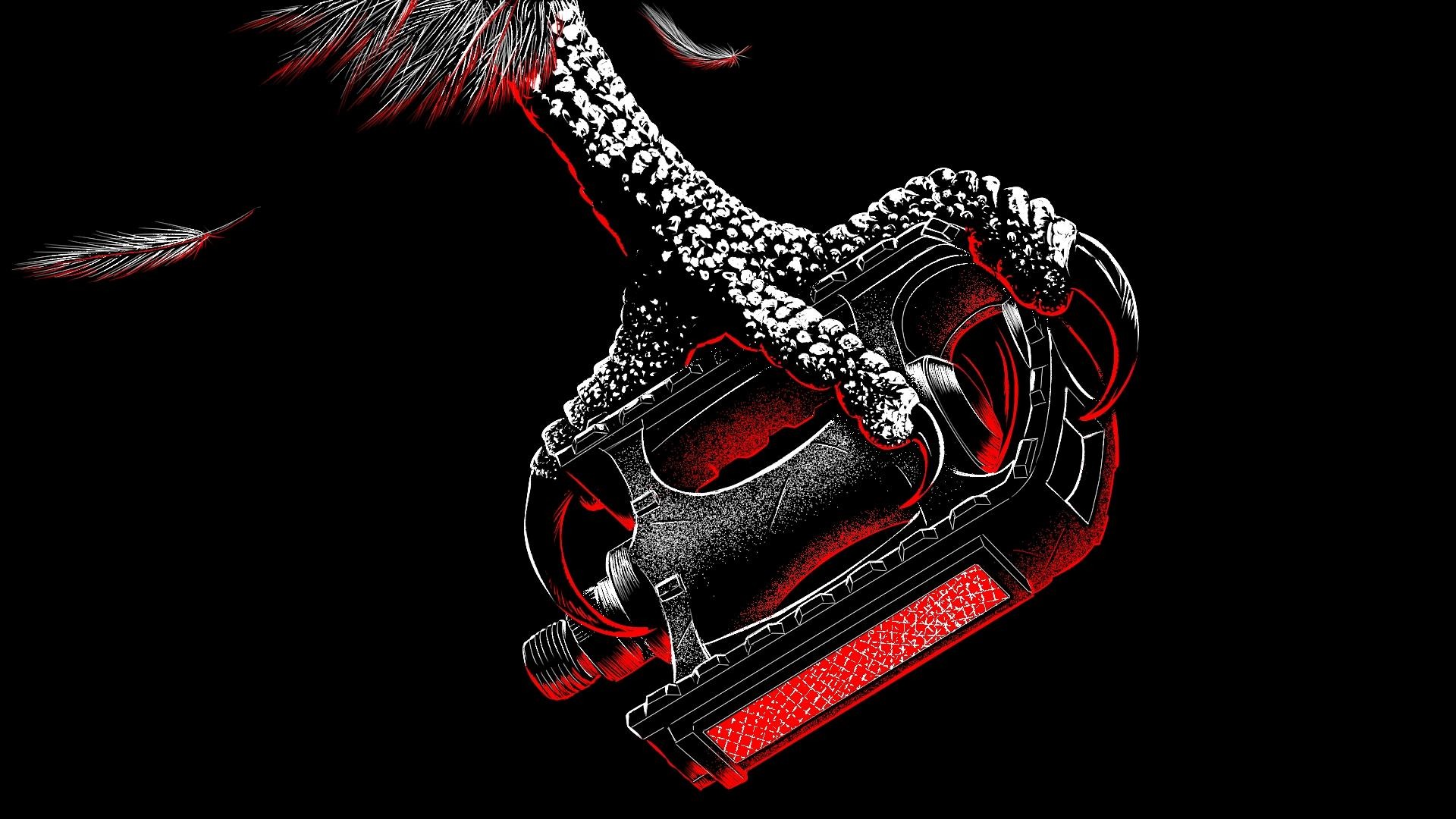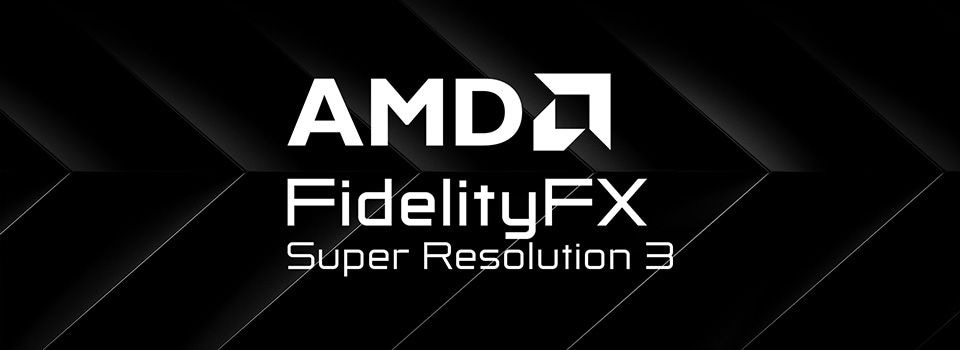Liz Lathan doesn’t just build events, she reimagines what’s possible when humans gather. As co-founder of The Community Factory and co-creator of Club Ichi, Lathan has become one of the most inventive minds in event marketing.
Her work blends emotional intelligence, bold experimentation, and a deep belief in the power of authentic connection. From turning pickleball courts into opening-night venues to measuring success through emotion rather than attendance, Lathan is shifting the paradigm of B2B experiences, and giving the industry permission to have fun again.
What does innovation mean to you?
To me, it’s the courage to question why we’re doing things the way we’ve always done them, and then actually doing something about it. But it’s also often forgiveness, not permission.
If you’re in a corporate environment and you’re not in the product development department, innovation isn’t always encouraged. ‘Safe.’ ‘Tried and true.’ ‘Do what works.’ These are some of the boundaries you might have to work within.
It’s important to learn the difference between when something needs to change and when you yearn to change it because you got bored with it. Both are valid reasons for change, but understanding your need to innovate helps you advocate for your new ideas.
Why do we need innovators?
How boring would this world be if we all just sat around in its mediocrity? Innovation is evolution, and those who fail to evolve, are left behind.
How do you get the buy-in needed to innovate?
Sometimes innovation is leading while appearing to have been led. Meaning that if you ask enough questions in the right way, people will conclude that things need to change on their own.
My business partner Nicole Osibodu and I love to play two games, ‘What If,’ and ‘You know what would be really fun?’
For example, let’s say your opening night reception is always held at the hotel before the conference begins. In the planning meeting, you might ask, ‘What if we hosted the opening night at the pickleball courts?’ or ‘What if we started the conference with the concert instead of ending it with one?’ Then amping it up with, ‘You know what would be really fun?’ and throw your biggest idea out there.
Then you can deal with the pushback (buses cost too much, we don’t want people out late on the first night), whatever it is, but now you’ve planted the seed. Let’s say the pickleball courts would require you to bus people away so leadership says no. Can you bring the pickleball courts into the ballroom and still change the vibe from cheese cubes to pickle party? You build trust by listening deeply and then painting a picture of what’s possible. This is how you innovate.
When do you feel you became an innovator?
I think everyone is an innovator. The only difference is that not everyone is comfortable pushing their ideas forward. So the bigger question is: When did I get comfortable pitching my ideas? I think I was very bold with my ideas as a kid, and then dialed them back when I entered the workforce in an effort to please people. I was still creative, but got less innovative through my early 20s. What gave me the confidence to find my voice again was volunteering on boards and committees of industry associations and local nonprofits. Being a leader in those environments, outside of my everyday workplace, gave me the boost I needed to speak my thoughts into action.
Who has inspired Lathan as an innovator?
I’m not sure I can pinpoint one person, but I read a lot about and from interesting people and try to learn how they think. Walt Disney. Jesse Cole. (Owner of the Savannah Bananas) Russell Brunson. (ClickFunnels founder)
But on the daily, it’s Nicole Osibodu. She’s the original rebel dreamer. She doesn’t ask permission (ever), and she reminds me that joy and business are not mutually exclusive. Her favorite phrase is, ‘Let’s work it backwards,’ to get us thinking of the outcome first and then designing the crazy ideas to get us there.
Also, the Club Ichi community. Their honesty, creativity, and willingness to be their whole selves push me to keep evolving.
What areas of the meetings industry are most in need of innovation?
Networking, registration, wellness, and mental health. We’ve over-engineered everything except the human parts. We still think engagement means an app, and connection means a LinkedIn exchange, and wellness means a 6 a.m. yoga class. It doesn’t.
Which companies does Lathan consider innovators?
Storycraft Lab is doing beautiful work in experience design and belonging. Braindate was innovative when they first hit the market.
We have a number of tech startups who are members of Club Ichi with amazing new tools like Chance and Concierge. We’ve partnered with Swoogo to build out our registration site for our big, crazy trip, Secret Family Reunion, and together we’ve bent their reg tool’s capabilities beyond what anyone has ever seen before.
It’s often the boutique firms and indie creators pushing boundaries, not the big platforms, which is why larger companies buy the smaller ones. Often they’re too big to innovate, and they have to acquire the new thinking.
What did the innovation journey of creating Club Ichi look like?
It was born out of an event format that we created back in 2017 called a Spontaneous Think Tank. And in 2022, the people who had attended those events over the last five years pushed us to codify the connections they had made into a community. The actual creation of the Club has been messy, emotional, and deeply human. All in a good way. We’ve always experimented with format, from supper clubs to porch parties to retreats, leaning into authenticity over polish (hugs over handshakes), and built programming around conversation instead of content (chairs in a circle over a main-stage keynote). And somehow, it’s working. We also tend never to do the same thing twice, always pushing forward, so that keeps us not bored. Really, the ultimate objective is to keep us loving our own business.
How has focusing on innovation changed how you think about events?
It’s made me obsessed with emotion as a metric. Innovation made me stop asking, ‘Did they show up?’ and start asking, ‘How did they feel when they left?’ In fact, in 2021, Nicole and I ran a year-long research study to uncover exactly which emotions need to be evoked at an event to create the connections that drive business. We now have the blueprint for how to run emotionally resonant programs that drive financial ROI. If you can create programs where the attendees feel hopeful, active, accepted, adventurous, and motivated, you win, and so do they.
What is Lathan most proud of?
I’m so proud of what we’ve built with Club Ichi. It’s a private membership club for B2B event marketers, and in just a year and a half,we have over 11,000 people on our lists and over 450 Insider members. Some incredible companies have joined us as partners to help us scale and grow. But inside the club, I’m most proud that people feel safe to be fully themselves. Weird ideas, burnout, big wins, job search sorrows, strategic wins, and everything in between. No posing. No formalities. Also, that we’ve built something joyful in an industry that often forgets joy and replaces it with complaints about the grind.
Who has inspired Lathan most to become a meeting innovator?
The people who were quietly suffering behind the scenes. The event professionals who were told to stay in logistics. I wanted to build a world where their voices, ideas, and wellbeing mattered. Where they could move up the ladder into leadership positions in their desired companies. Where we, as a collective industry, can tie what we do to the results of the business and prove that events are a valued and valuable marketing channel that deserves respect and investment, with a professional at the helm.
Who are Lathan’s mentors?
Some are industry veterans, some are friends, and some are my 12-year-old and my 17-year-old, who ask better questions than most executives. I don’t believe mentorship has to be formal. The best mentors are those who challenge how you see yourself and your work.
What would you like your legacy to be?
That I helped change how this industry sees its people. That I created space for more human, more creative, more emotionally rich ways of gathering. And I reminded people they don’t have to trade connection for a career. This is a fun industry with the most amazing perks, and the experiences we can have while doing our jobs, and because of our jobs, can’t be found in any other industry. You know that old saying, ‘If you love what you do, you’ll never work a day in your life. I want to leave this world with event professionals feeling like that every day, and that they have a group of people they can celebrate that joy with.
What’s your advice for aspiring innovators?
First of all, there’s no such thing as an aspiring innovator. Everyone is innovative. But find your voice. And surround yourself with other innovators in the communities you join, and the people you spend your time with. Build the thing you wish existed, even if no one else sees the need yet. Innovation rarely feels comfortable, but if you’re willing to lead with purpose, and a little rebellion, and share those ideas out loud, you’ll eventually lead the change you want to see in the world.
Learn, connect, and get inspired — with the event industry’s who’s who.
September 15 – NEW YORK CITY


